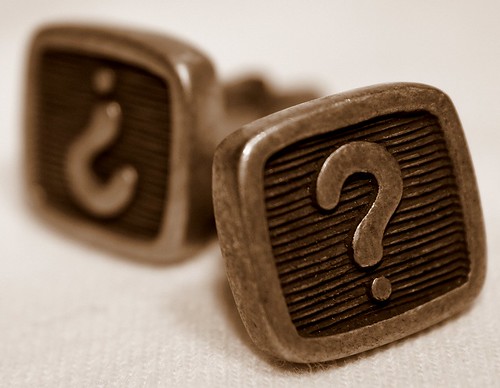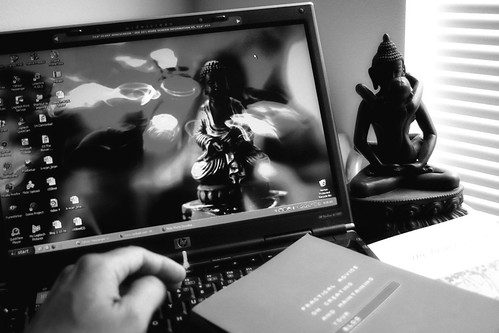 |
| creative commons licensed Vaultboy (Flickr) |
Bradbury burning books? The author of Farenheit 451? What high school student has not chilled at Bradbury's depiction of those firemen of the future ferreting out books and burning them? Who has not sensed that something is terribly wrong with any group who will put the torch to the written word? Those who burn books are the ignorant, the tyrannous, the bigoted, and the anti-intellectual.
They may be us, if we do not take care. Some are more culpable than others. I once chided my wife for throwing out a manuscript of mine, but of course she would never have done so had she realized the content. And that is why those who value the content of books are especially culpable if we are party to any bonfire of the books.
But that is what I am accusing us of. We, like Bradbury, may end up destroying the thing we love by clinging too closely to the physical format of the book. As Staci Kramer pointed out in an editorial right after Bradbury's death in 2012, a terrible irony attended his passing. With so much attention to this man and his works, almost nothing of his could be found in electronic form. Why?










